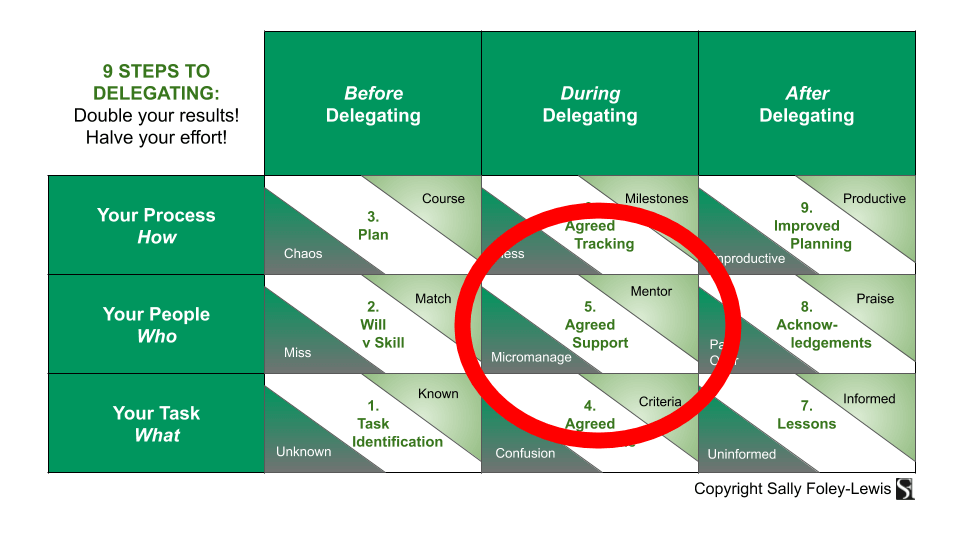When I was a child, whenever we went out to dinner I’d follow my brother’s lead and fidget. We’d fidget with the cutlery, napkins, condiments … everything. Dad would snap at us but sitting still wasn’t in our nature.
Out to dinner one night celebrating a milestone birthday for a family member (so, not an ordinary parent-sanity-saving meal out), dressed in our finest, our usual fidgeting antics kicked off almost instantly as we were seated. My brother picked up the salt shaker and started playing with it: he unscrewed the lid and poked a fork tine into the holes to clear them out, he then blew into the lid to be extra sure he cleared the holes. Me, the younger and less observant, picked up the pepper shaker and proceeded to copy, except … yes, you know where this is going … I took the lid off and blew right into the actual pepper bottle.
Pepper everywhere!
After some pretty stern words from Mum, my sneezing with many many tears, dinner was ruined.
This fidgeting experience reminds me of the effect of micromanaging. If I had only left the pepper alone we would have all celebrated that birthday, and I would have had my favourite dessert!

When managers micromanage they do more damage than good. Even with good intentions fidgeting gets in the way of the work getting done. It interferes with work processes, decisions which really should be left to employees, and resources getting where they need to go quickly and efficiently.
Fidgeting messes with the right people doing the right work at the right time with the right resources for the right return on investment.
Micromanaging happens because performance has not been up to standard and as such a performance conversation is needed rather than simply hovering over the person as they move from step one to step two.
Micromanaging happens when there’s a fear that details or deadlines will be missed. Following the nine steps to delegating properly ensures task details and timelines are set, and even more importantly, agreed.
Micromanaging happens when a manager perceives a need to step in and do what’s in their power to get the work done. The micromanager acts in order to minimise perceived or possible loss or negative consequences. Determining standards, details or perceiving when something might go wrong is subjective. Fear, and fear of the unknown, underpins this.
In delegating, micromanaging will occur if you skip the essential steps and don’t have a quality trusting relationship. Where steps are skipped too many assumptions will be made regarding the desired outcome, skills and capacity to take on the task or project. Task or project timing will be messed up as micromanaging creates excessive work, meetings and frustrations. Assuming, skipping or being vague about any or all of these steps will lead to issues that require management stepping in to micromanage. Micromanagers will create the environment that justifies them micromanaging!
Working through a plan minimises the fear of the unknown, creates agreement and ownership, provides a map where both manager and employee will be open and honest about the work being done. The plan ensures that if something goes off track it can be caught and dealt with early.
In the nine steps to delegating, step six is Agreeing Support. This step ensures the employee has the support they need and gives the manager the confidence to be more of a mentor than micromanager. The degree and frequency of support can be negotiated and adjusted over time. Skipping this step almost guarantees the process will blow up in your face, like the pepper did in mine.





